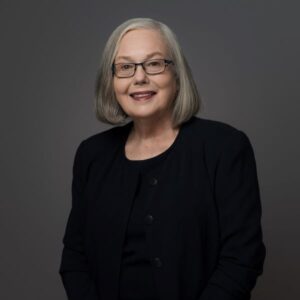Caroline Turner

Dr Caroline Turner
- Post Nominals: AM, FAHA, FRSA
- Fellow Type: Honorary Fellow
- Elected to the Academy: 2023
Biography
Caroline Turner is an Honorary Associate Professor in the College of Arts and Social Sciences, Australian National University. Her current work focusses on contemporary art in the Asia-Pacific in the context of political and social change. As Deputy Director of the Queensland Art Gallery she played a key role in initiating exhibitions from Europe and Asia, including the French Government’s Bicentenary exhibition ‘Masterpieces from the Louvre’,1988 and co-curating with Roger Benjamin ‘Matisse’, 1995.She was co-founder and Project Director for 10 years for the Asia-Pacific Triennial. Appointed to the Australia China Council and the Australia Indonesia Institute, she has represented Australia as an invited speaker at major conferences including the Rockefeller Foundation Bellagio conference 1997 and the World Biennial conference Gwangju, 2012. As Deputy Director of the Humanities Research Centre, ANU 2000-2006 she was involved in national and international humanities projects and co-authored with Glen Barclay the history of the HRC. Grants: American Council of Learned Societies, British Foreign and Commonwealth Office, French Government, Japan Foundation and four ARC grants as Chief Investigator. Her books, edited and authored, include ‘Tradition and Change: Contemporary Art of Asia and the Pacific’, 1993; ‘Art and Social Change’, 2005; ‘Art and Human Rights: Contemporary Asian Contexts’, 2016 co-authored with Jen Webb; and with Virginia Hooker and Elly Kent, ‘Living Art: Indonesian Artists Engage Politics, Society and History’, 2023. She is a Fellow of the Royal Society of Arts and in 2009 was appointed a Member of the Order of Australia, AM for contributions to the visual arts… and to the establishment and fostering of cultural relationships in the Asia-Pacific region.
